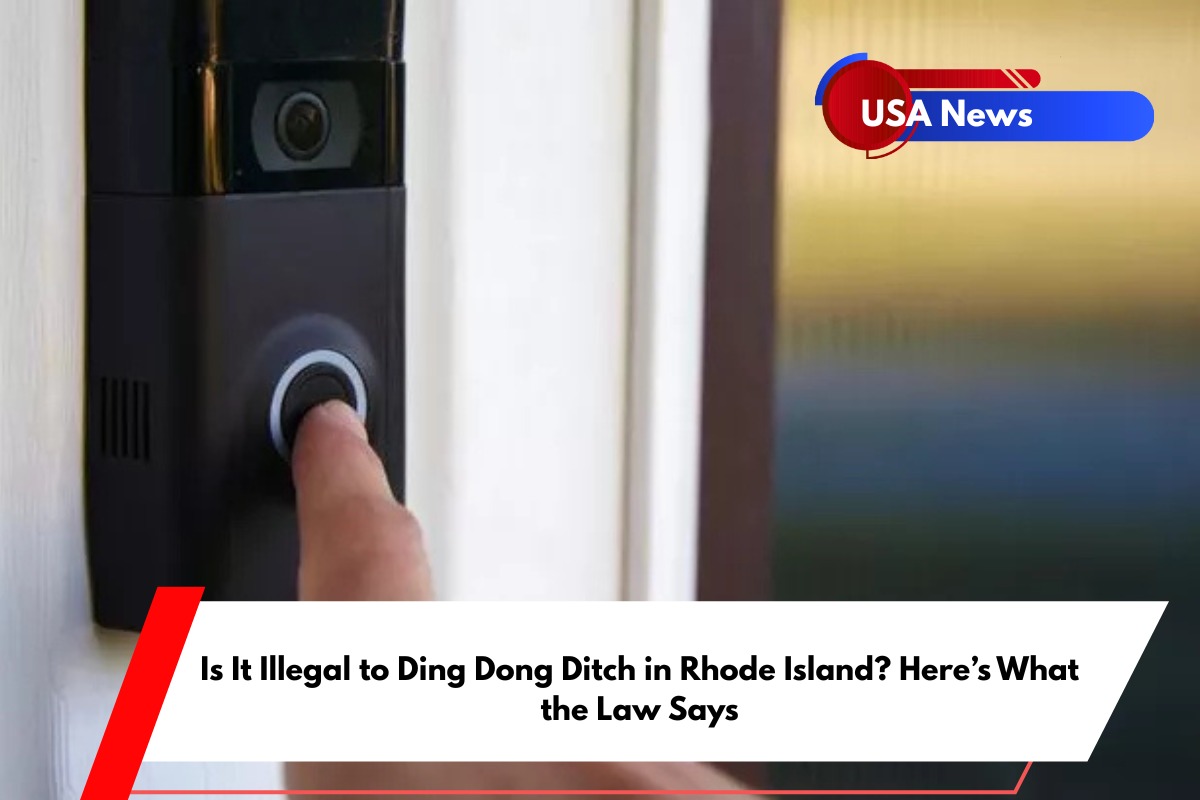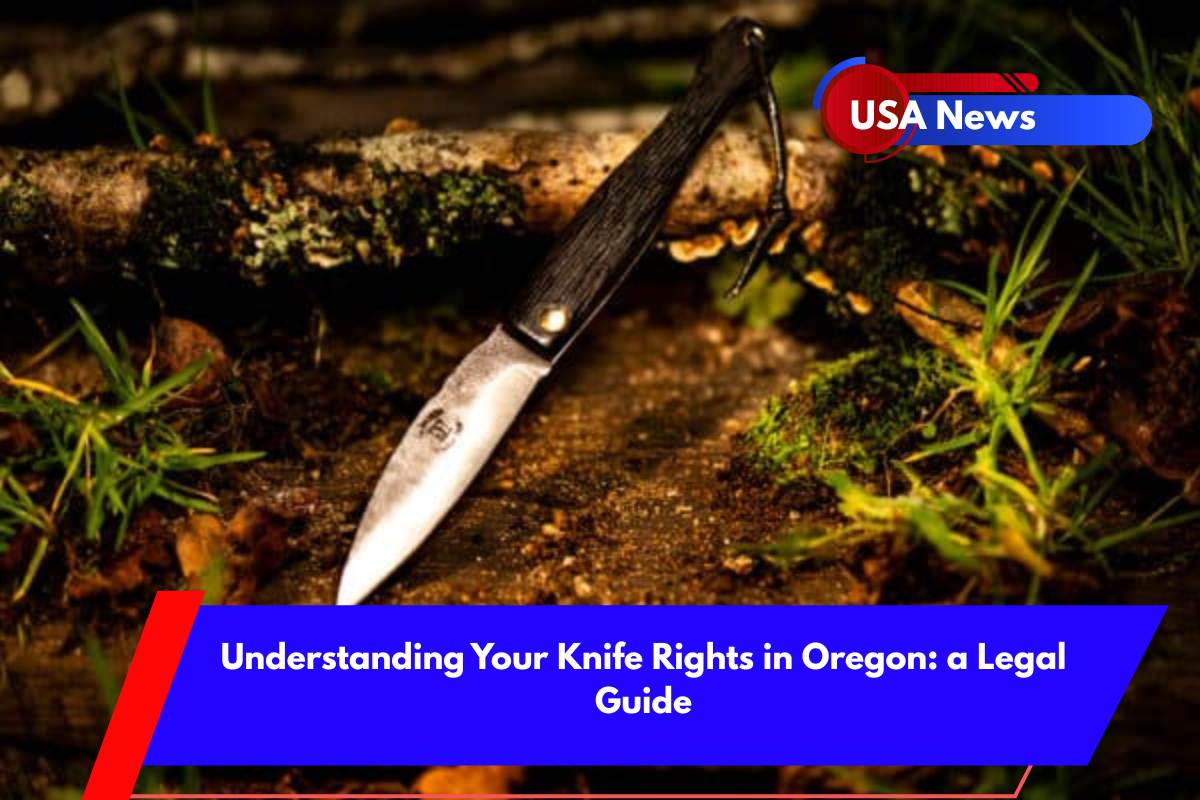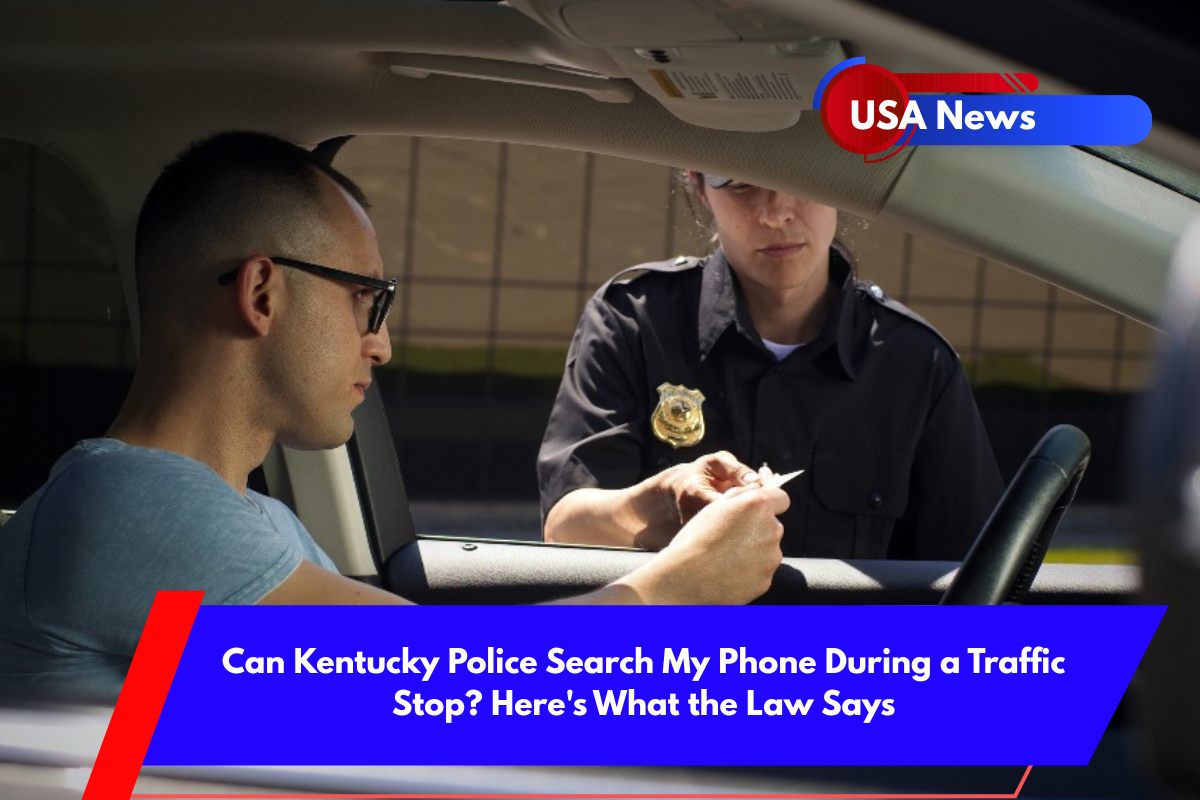Ding dong ditching—ringing a doorbell or knocking on a door and then running away—is a prank familiar to many. While often dismissed as harmless fun, especially among kids, it can sometimes cross legal lines. What does Rhode Island law actually say about this classic prank?
The Legal Gray Area
Ding dong ditching is not specifically outlawed in Rhode Island. There is no statute that names this activity as a crime. However, the law does not ignore it entirely. The legality of the prank depends on several factors, including intent, frequency, and whether any property is damaged or people are disturbed.
Trespassing and Disturbing the Peace
If you enter someone’s property without permission to ring the doorbell or knock, you could be considered to be trespassing. Rhode Island law (Chapter 11-44) defines trespass as willfully entering or remaining on someone else’s land without permission, especially if you have been warned to leave. Repeated or persistent pranks can escalate the situation, potentially leading to criminal trespass charges.
Additionally, if the prank is done frequently or causes a significant disturbance, it could be considered disorderly conduct or harassment. While isolated incidents are usually treated as minor nuisances, repeated actions—especially if they target the same person or household—can lead to more serious legal consequences.
Police Response in Rhode Island
Police in Rhode Island, such as those in Barrington, typically respond to calls about ding dong ditching by locating the juveniles involved, speaking with them, and issuing warnings.
If the offenders are minors, law enforcement may also notify their parents. Most of the time, first-time offenders or those involved in isolated incidents receive a warning rather than criminal charges.
Potential Consequences
Trespassing: Entering private property without permission could result in a trespassing charge.
Disorderly Conduct/Harassment: Repeated pranks or those causing significant disturbance could be charged as disorderly conduct or harassment.
Property Damage: Any damage caused during the prank could lead to criminal mischief or civil liability.
Real-World Considerations
Intent matters. If the prank is meant to frighten, harass, or intimidate, it is more likely to result in legal action. In cases where the prank is lighthearted and causes no harm, it is usually treated as a minor nuisance.
Summary Table
| Activity | Is It Illegal? | Potential Legal Consequences |
|---|---|---|
| One-time ding dong ditch | Usually not | Warning, possible parental contact |
| Repeated or persistent | Could be considered | Criminal trespass, disorderly conduct |
| Property damage | Yes | Criminal mischief, civil liability |
Sources:
1. https://www.youtube.com/watch?v=d8JcMdExv3w
2. https://reyabogado.com/us/is-ding-dong-ditch-illegal-uk/













